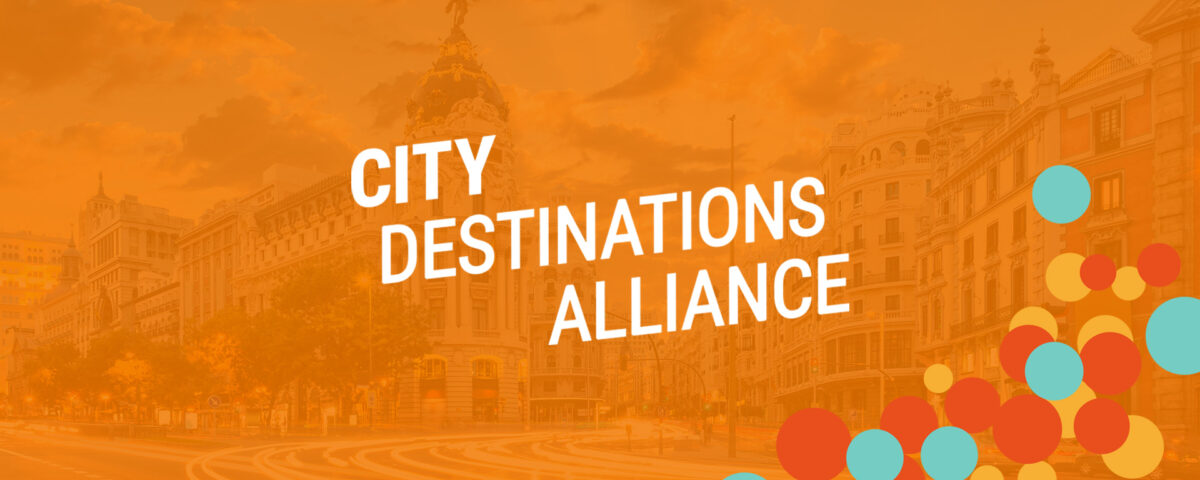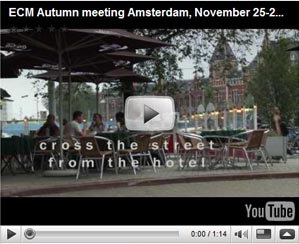The city of Amsterdam will be hosting the ECM Autumn meeting from 25th to 28th November 2009. The meeting, which will be full of new ideas and features, will also deliver a one-day conference on a very promising topic: “The Holistic Marketing Concept: How Cities Change Into Regions”.
\n
Today, an appetizer-interview served by Hans Dominicus (Director Marketing & Development, Amsterdam Tourism and Convention Board)
\n
The seminar will deal with the question of competing cities and their regions. Have there been any major shifts recently?
\n
Economic competition is the baseline of this change in which cities become regions. The economy is the key aspect, it is all about quality of life, economic power, interconnection to facilitate import and export…it is a competition among economically strong regions, no matter where your city is. Tourism is a part of this economy, so if we want to play at the same level, we have to act. There are, of course given circumstances that we are not able to change or upgrade, but still, we must be able to ensure that we remain a successful destination.
\n
\n
Do you have any concrete solutions?
\n
\n
Of course there are different approaches and ideas but I won’t disclose the very essence of the conference in Amsterdam! However, I can say that there are solutions, there are cities that have tried different methods and during the seminar in Amsterdam we will show these case studies to the delegates so that we can discuss all these examples. In fact, discussion with other cities is already the way to a solution to our situation… and that is why our association and the meetings are so important.
\n
\n
\n
Talking about regions are nowadays outskirts also an attraction for a city visitor?
\n
\n
Yes and that’s perfectly logical, a traveller understands a city as an integral product. Each visitor has a different reason for travelling and, moreover, these reasons are constantly changing. We should follow these developments, we should be interested in what the consumers’ wishes are and how to offer a product to match them and we should also realise and admit that a regional product can be interesting to visitors. We have to be open-minded to see that, in the area around the city, there might be hidden treasures that we can combine with our product perfectly to attract our visitors.
\n
\n
\n
What is your personal idea of a holistic stay when visiting a city?
\n
\n
Atmosphere. I want to feel that the city lives, that there are people working, I wish to know what these people have in their hearts and minds, I want to taste living as a local. As you can see, my ideal visit is far beyond the “normal” tourism product and other city visitors are the same, they may all have very different wishes.
\n
\n
Amsterdam will propose technical visits as part of the ECM meeting. In what way will your approach be reflected in this practical context?
\n
\n
We want the technical visits to provide a unique experience, an inside view of the city of Amsterdam. The idea is to organise small groups of people and to really match their interests and wishes and allow them to see the city from a completely different perspectives. The topics can vary a lot – gay tourism, how to deal with sex and drugs, criminality… we are ready to ask the local experts, the people who work in these domains in our city, to give us their point of view on what is happening and how it is happening. In brief, we want to give participants the opportunity to peep backstage and learn more about the spirit of the city.
\n
\n
\n
To learn more about the ECM Autumn Meeting in Amsterdam and registrations, please click
here.
\n
\n
\n
\n
\n
\n
\n

